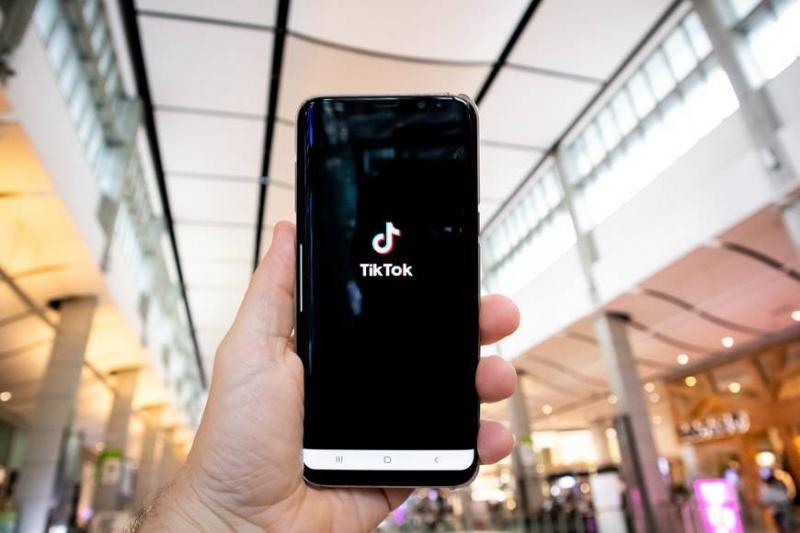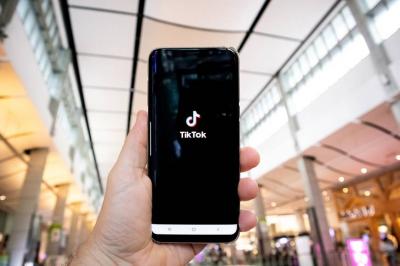ByteDance, the owner of the TikTok app, has dismantled its investment arm, according to the company's spokesperson. This decision comes after a review conducted at the beginning of the year, as ByteDance decided to "enhance business focus and reduce non-core investments related to its main activities, with employees from the strategic investment department being redistributed across the company's various sectors." The company stated that this move "enhances coordination between strategic research and business."
This news arrives at a time when ByteDance has been undergoing restructuring since its founder, Zhang Yiming, stepped down as chairman last fall. The company has established six business units to focus on different areas, ranging from gaming to enterprise software, as reported by CNBC and referenced by Al Arabiya.net. ByteDance is considered the largest unlisted startup globally, with a valuation of $140 billion, according to CB Insights.
Investments and acquisitions have been a significant part of the growth of Chinese tech giants over the years, with companies like Alibaba and Tencent helping to acquire smaller players both domestically and internationally. ByteDance's initial plan was to replicate this model, utilizing acquisitions and investments to enter new business areas.
Last year, the Beijing-based startup acquired mobile game studio Moonton and took its first steps into the virtual reality world by purchasing Pico. However, as Beijing continues to tighten regulations on the local tech sector, deal-making is now under scrutiny. Several tech giants have faced fines for failing to report past deals.
On Wednesday, nine government agencies, including the Chinese Cyberspace Administration, issued "opinions" on the healthy operation of internet platform companies, which included calls to strengthen regulation of these companies' financial activities. With increasing reviews, Tencent reduced its stake in the e-commerce giant JD.com last December by distributing a significant portion of its shares as free stock to shareholders, and it sold some of its shares in SEA this January.




